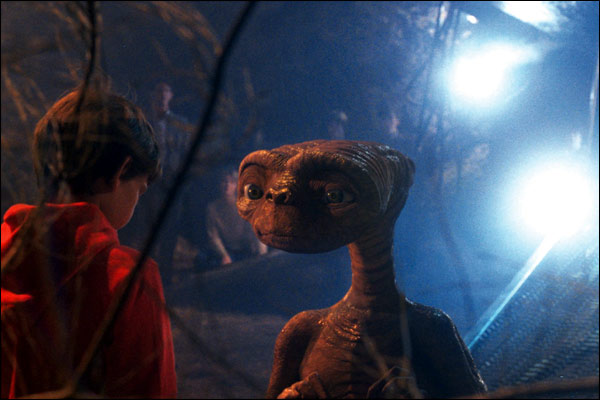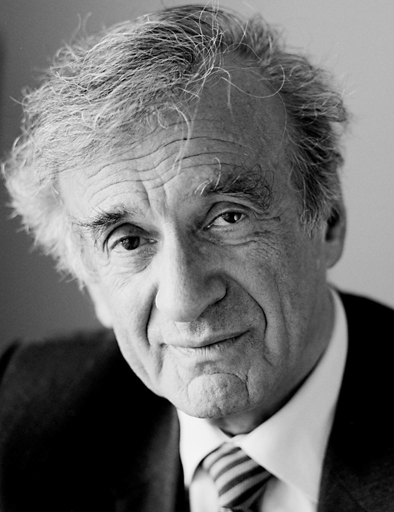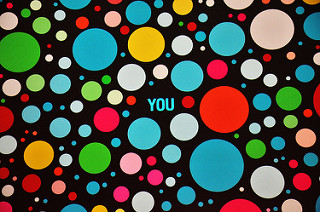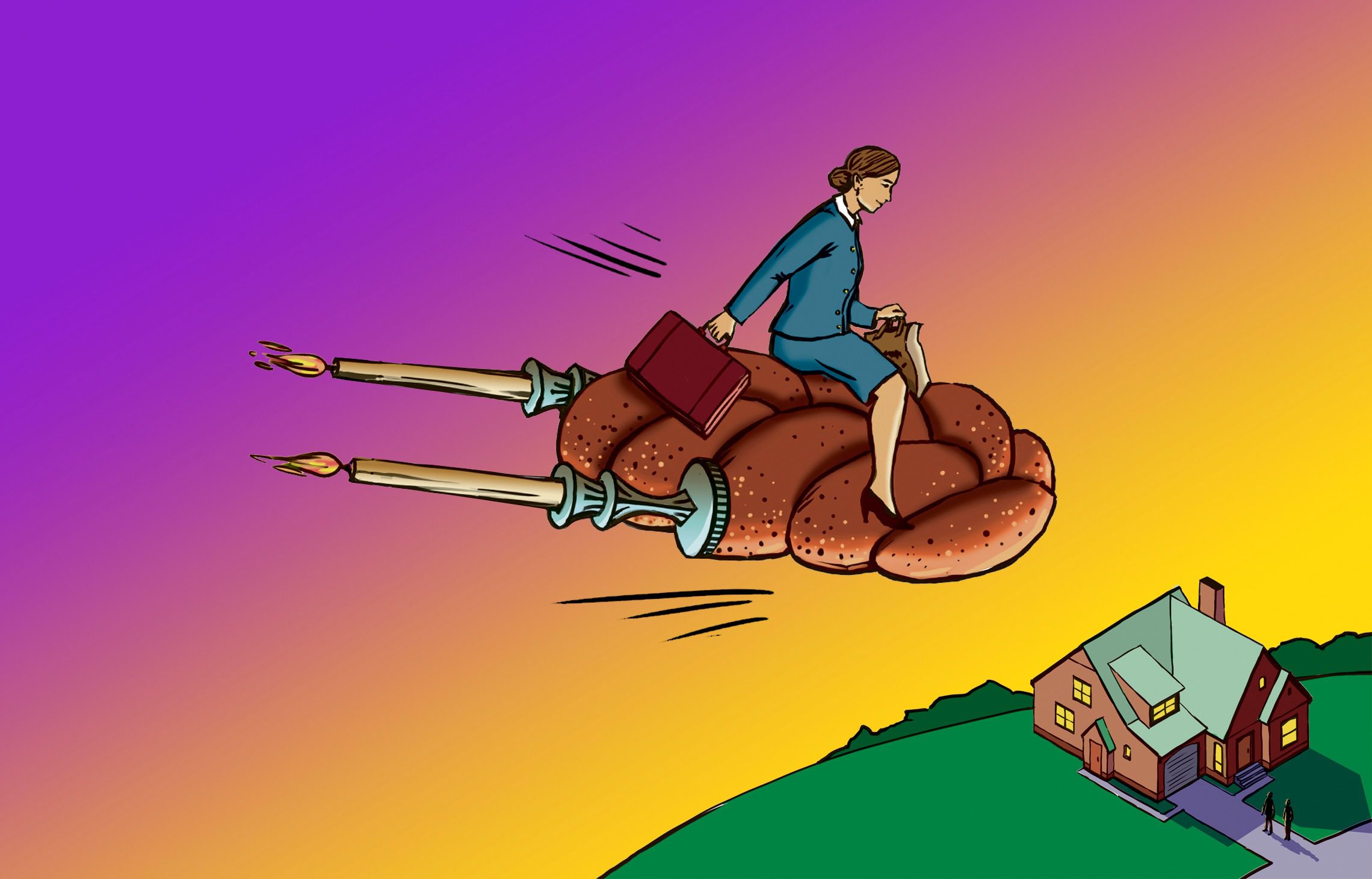 (delivered by Rabbi Maderer in Shabbat Service 12/9/16)
(delivered by Rabbi Maderer in Shabbat Service 12/9/16)
Years ago when I lived in suburban NJ, there was a break-in in our neighborhood. We already had a burglar alarm in our house, so we added to the front porch the only extra security measure we could think of: a big dog-food bowl. We did not have a dog. But we were going to scare those intruders away! To make it seem real, we painted onto the bowl the name of our fake dog: Shomer, Hebrew for “guard.” Once guarded by Shomer, in our alarm-shielded house, we proceeded to protect ourselves with a light-timer, for evenings when we were out…
How much worry is too much worry? Some of our concerns and precautions are well-founded. But there is a point when our energy is so channeled into the worry that we are at risk of losing our focus and our purpose. Meanwhile, the anxiety reduces us, to wasted grief.
As we think about our roles in civic life, teaching, parenting, business, politics, it is important to consider: where do I have control and what is beyond my control?Continue reading






